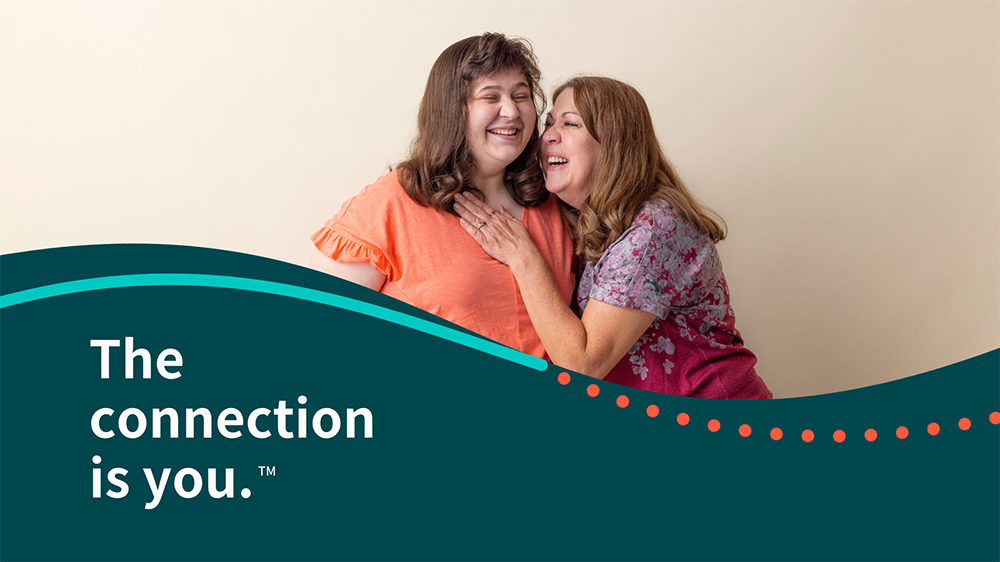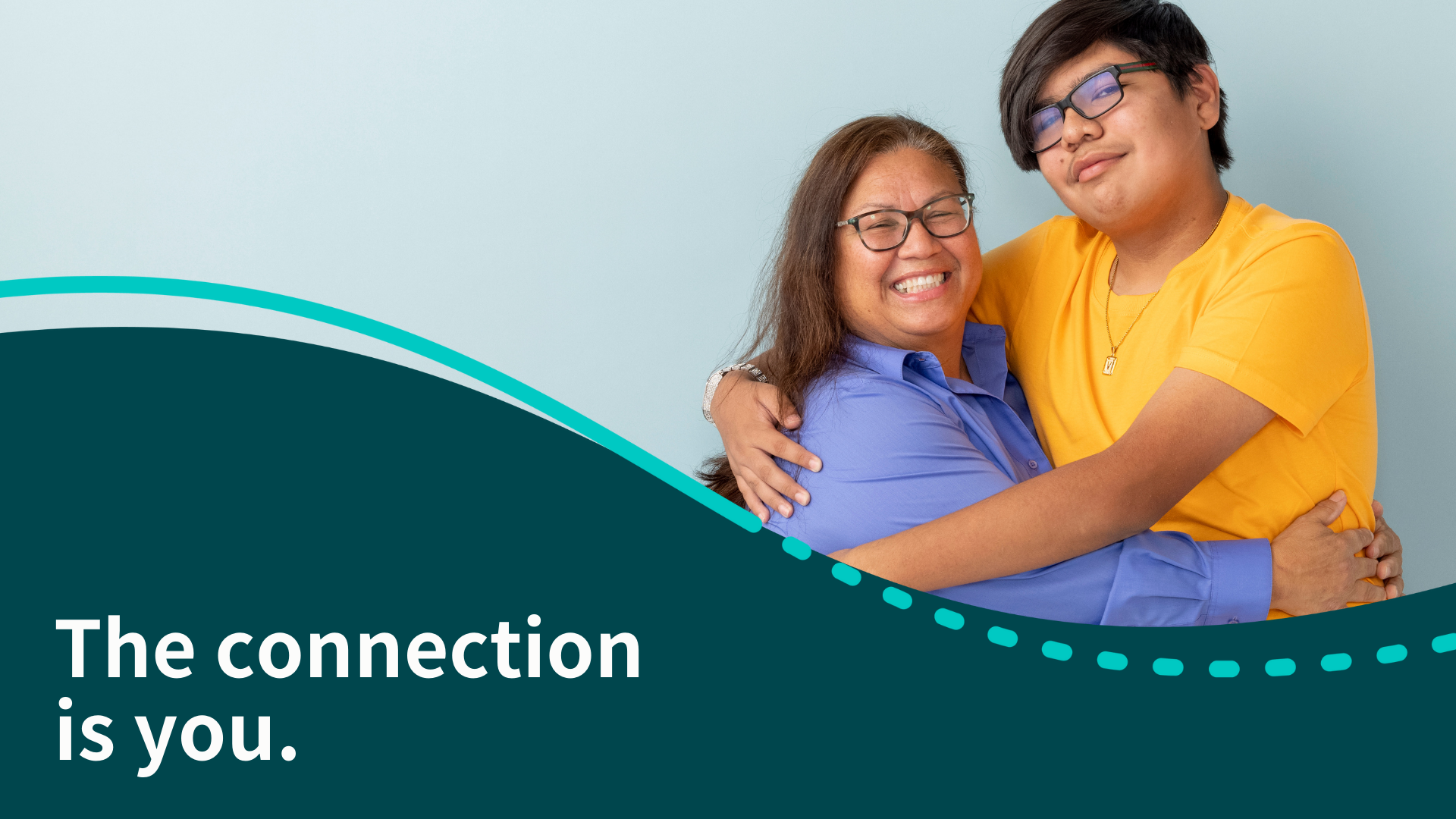
The Autism Society, the nation’s leading advocacy organization for individuals with autism and their families, affirms that all individuals with autism have the same equal and inalienable rights as all human beings, regardless of age, gender, race/ethnicity, sexual orientation, culture, language, geography, religion, economic status, the severity of disability or intensity of needs. Historically, individuals with autism have faced discrimination and barriers that have denied them their full human and civil rights. As a result of this denial, individuals with autism have been faced with marginalization and poverty at disproportionate rates in comparison to others. International, federal, state, and local government has an obligation to protect the human rights of all citizens, including individuals with autism. Legislation, policies, and laws must reflect basic human rights, including the right to health care, education, independent living and participation in the community, access to justice, an adequate standard of living, and freedom from torture or cruel, inhumane, or degrading treatment or punishment.
The Autism Society believes in the full entitlement of human rights for people with autism, including the following:
• Individuals with autism shall be treated with dignity and respect for their individual autonomy in making their own choices and decisions as it relates to their basic needs.
• Individuals with autism shall have the full benefit of legislation, policies, and laws that protect their right to live without discrimination and vigorously promote full social, economic, and cultural inclusion.
• Individuals with autism, and their representative organizations, shall be actively involved and in consultation with the development and implementation of legislation and policies, and in other decision-making processes concerning issues relating to persons with autism.
• All individuals with autism are recognized as equal before and under the law and are entitled without any discrimination to the equal protection and equal benefit of the law, including equal access to effective legal protection.
• Children with autism shall enjoy the full array of human rights and freedoms on an equal basis with other children, with the best interest of the child being the primary consideration and with the right to express their views freely on all matters affecting them. Their views must be given due weight in accordance with their age and maturity, on an equal basis with other children, and they must be provided with disability- and age-appropriate assistance to realize that right.
• Individuals with autism should be afforded the right to choose where they live, including the right to live independently and participate fully in all aspects of life. Appropriate measures will ensure access, on an equal basis with others, to the physical environment, to transportation, to information and communication, including information and communication technologies and systems, and to other facilities and services open or provided to the public, both in urban and in rural areas. Persons with autism shall have the opportunity to choose with whom they live on an equal basis with others and are not obliged to live in a particular living arrangement.
• Every individual with autism has the inherent right to life.
• No individual with autism shall be subjected to torture or to cruel, inhuman, or degrading treatment or punishment.
• Individuals with autism shall be protected, both within and outside the home, from all forms of exploitation, violence, and abuse, including with respect to gender identity.
• Individuals with autism should have access to a range of in-home, residential, and other community support services, including personal assistance necessary to support living and inclusion in the community and to prevent isolation or segregation from the community.
Share:



